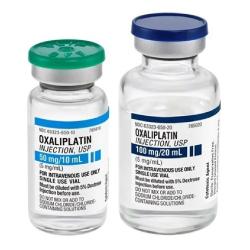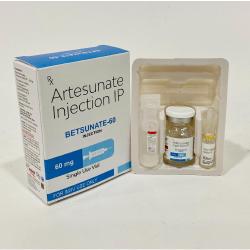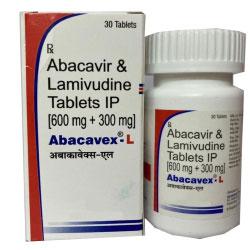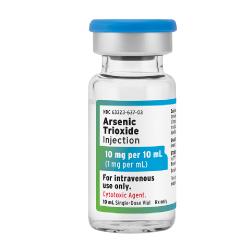Description
The platinum-based medication oxaliplatin is advised to be used with the infusional 5-fluorouracil/leucovorin, and it is suggested for:
-
- Adjuvant therapy for individuals with stage 3 colon cancer who have had the original tumor completely removed.
- Therapy for colon cancer that has progressed.
Dosage and Side Effects of Oxaliplatin Injection:
You should receive an Oxaliplatin injection through your veins (blood vessels) under the guidance of a licensed medical professional who is skilled in the administration of cancer chemotherapy drugs. Only when appropriate diagnostic and therapeutic choices or facilities are readily and quickly available can therapy and problems be managed precisely.
Anemia, exhaustion, neutropenia, thrombocytopenia, nausea, emesis, elevated transaminases and alkaline phosphatase, diarrhea, stomatitis, and peripheral sensory neuropathy are among the most frequent adverse effects. There have been reports of other side effects, including severe adverse reactions.
Warning and Precautions of Oxaliplatin Injection:
- The drugs containing platinum may cause an adverse reaction in certain patients using this medication. This occurs in women more frequently.
- Patients who develop a rash, urticaria, erythema, pruritus, bronchospasm, or hypotension should be closely watched.
- Compared to carboplatin and cisplatin, Oxaliplatin has slightly lower nephrotoxicity and ototoxicity.
- Individuals who require oral anticoagulants and are getting Oxaliplatin 100 mg in addition to 5-fluorouracil/leucovorin may need to be constantly monitored.
- Before every OXA 100 cycle, routine monitoring of the white blood cell count (WBC) with differential, hemoglobin, platelet count, and blood chemistries (including ALT, AST, bilirubin, and creatinine) is advised.
- You should stay away from chilly environments and cold things if you are taking inj Oxaliplatin. If you walk outside in the cold, wear clothing that covers your skin. It is not advised to use ice cubes or cold beverages. Avoid applying ice or ice packs to your body.
- It is necessary to inform patients to get in touch with their healthcare professional in the event of persistent vomiting, diarrhea, dehydration, coughing, difficulty breathing, or allergic reaction symptoms.






